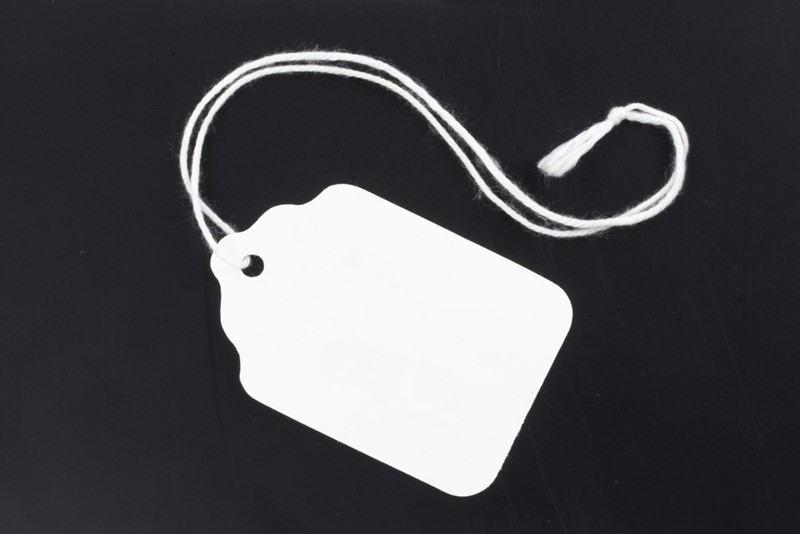Determining the worth of an asset – whether it’s a piece of assembly equipment, a factory, or an entire organization – plays a critical role in the development of strategies, especially for business executives, board members, investors and other financial stakeholders. Every item in a company’s arsenal has a price tag, and it’s important to calculate the value of each asset individually. Adding up the value of every asset, allows an enterprise to measure their true worth.
In fact, it is common for some businesses to discover their assets, or even their entire business, may be valued much higher than they originally thought after using reputable asset valuation services. Without an accurate representation of worth, organizational leaders are essentially hindering their company’s competitive advantage. After all, valuations drive everything from angel investment to stock market appeal to cost management. A business’s worth also affects taxes, regulations, and federal requirements, such as U.S. Security and Exchange Commissions filings.
Discovering value
Recently an independently owned craft brewery partnered with Liquidity Services, to receive asset valuation services. The beverage producer opened a new brewhouse, which they purchased already equipped with craft brewer equipment. New to the market, the craft brewery wanted to value this existing machinery.
Liquidity Services was able to accurately measure the brewing assets’ actual market value, providing the company with a much better understanding of its corporate worth. Additionally, the asset valuation partner identified that the existing equipment was shipped to the U.S. from Germany, thereby increasing the value of the brewery.
Not only did the craft brewery receive an accurate valuation, but they discovered hidden value. The company recognized that it didn’t require any replacement equipment, saving them much needed revenue. Furthermore, with uncovered value, the craft brewery could attract additional investors and investments thanks to an increased corporate valuation.

The price tag for a new item plays a role in valuing used assets.
Improving recovery
While all organizations should regularly work with partners for asset valuation to measure net worth, determining the value of equipment, machinery, and transportation is a critical step in the asset recovery process, and in many ways, it improves return on investments.
An unfortunate part of the corporate world is that not all companies succeed. Whether a factory is shutting down production, a remote office is closing, or an enterprise goes out of business, asset valuation plays a critical role in achieving maximum recovery. Without accurate values on equipment and machinery, organizations will either struggle to sell unnecessary items or give them away at prices less than what they are worth.
According to investment news provider Gurufocus, Freeport-McMoRan, an industry leader in copper and gold production, planned to value assets before selling them in order to reduce the company’s debt of around $18 billion, as of Feb. 24, 2015. By accurately valuing assets in conjunction with the industry-wide decline in commodity and oil prices, Freeport-McMoRan completed $6 billion in asset sales, netting the firm proceeds exceeding $4 billion, the source reported. Those earnings alone prove that valuation is a key factor is recovery success.
Good for the goose, good for the gander
Furthermore, both of those asset valuation cases stress how these practices are a vital tool for small and large businesses alike. On one hand, valuation services give small and mid-sized companies a great way to attract additional investors and increase their organizational values, and, therefore, total collateral, to acquire better loans. Then, in the enterprise world, asset valuations provide big corporations with accurate representations of what their asset recovery strategies could potentially yield.
Global perspective
While asset valuation seems like an internal process, it is more beneficial for businesses to take an external approach and to look at valuing equipment and machinery from a global perspective. Why use such a broad lens? Obviously, different regions have separate laws and guidelines, such as the U.K., which requires assets to be valued in the event of bankruptcy. It takes an asset management partner to assist in informing businesses of these changes in legislation, especially for international corporations. Also, the international reach of a global solutions provider ensures that enterprises are finding the best secondary markets in which to sell assets.

The best asset valuations services take the global market into account when determining the worth of equipment and machinery.
The European market is a perfect example of how continents and regions drastically affect the value of products, machinery, and equipment. According to The Wall Street Journal, a new report by Cushman & Wakefield identified that there was a “staggering” volume of property, real estate and other assets sold for over €80.6 billion – around $91 billion – in 2014 in Europe. That represents a 156 percent increase compared to 2013.
Those statistics are important in a couple ways. First, this signals that Europe is flush with distressed assets – which is the local term given to assets sold to prevent companies from going bankrupt – suggesting that other regions might be better locations for marketing sales. Additionally, the source noted that American buyers acquired 77 percent of surplus assets from Europe in 2014, while some new players from South America and Australia also joined the fray.
Importance of partnerships and Liquidity Services
Asset valuation can seem like quite a process, but services offered by trusted asset management partners make these asset management methods just another system that needs to be utilized and monitored. According to a PricewaterhouseCoopers report, only 21 percent of organizations use independent staff members for their corporate asset valuation processes. This is a critical mistake as partnering with an asset management and valuation specialist with access to timely market data and large asset networks can make a tremendous impact in valuing and disposing of items, equipment, and machinery.
Specifically, Liquidity Services provides the scalability and trust required to identify the maximum value of assets, as well as the global, online marketplaces to dispose of those items. With both onsite and virtual valuations, Liquidity Services, an organization with experience handling over 5.4 billion assets in sales volume to date, can create asset valuation scenarios catered to a specific industry, market, and business. Going above and beyond simple value attachments, Liquidity Services sets up and manages teams, complying with safety and environmental standards to mitigate risks to deliver the best asset valuation services possible.



Comments are closed.